Chada Katavi: Tanzania’s wild west
In the million-acre Katavi National Park, you may well meet more lions than people
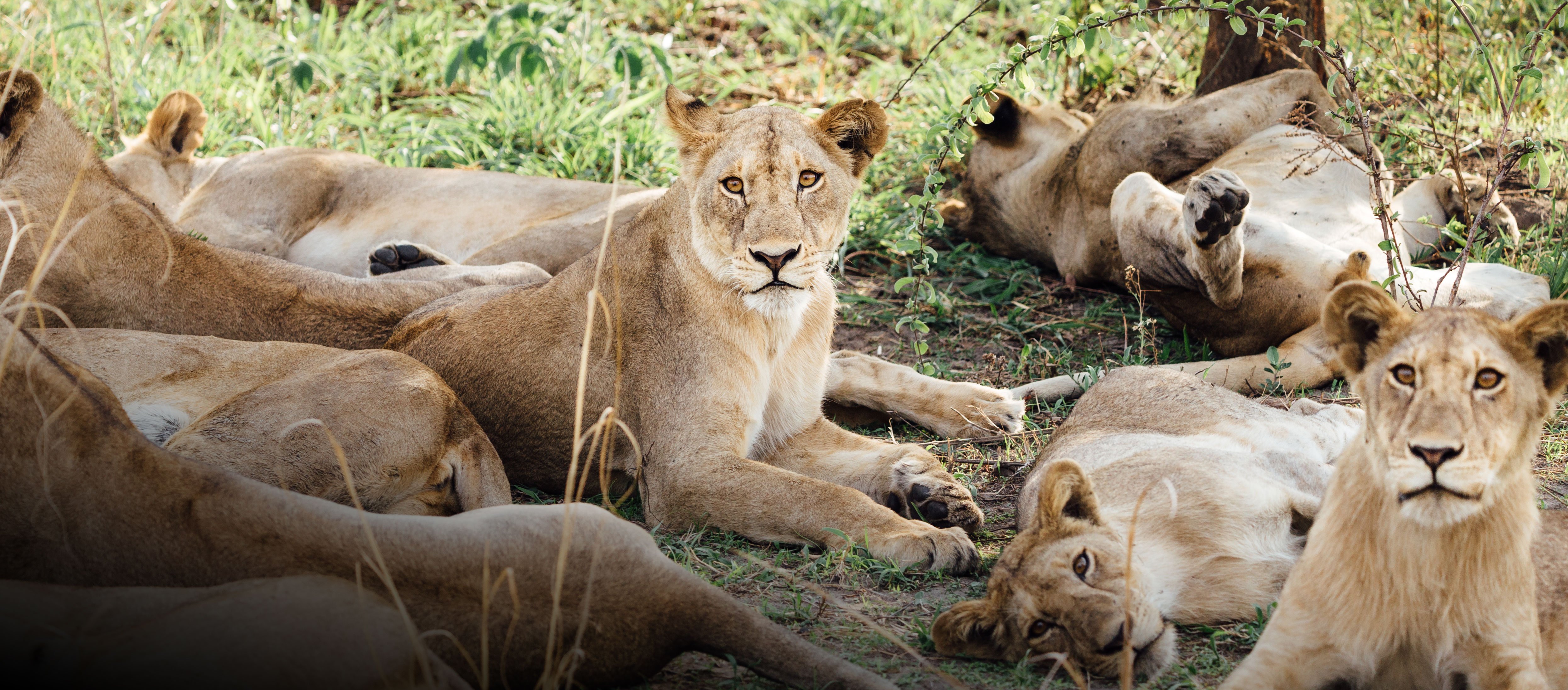
A free daily email with the biggest news stories of the day – and the best features from TheWeek.com
You are now subscribed
Your newsletter sign-up was successful
Katavi National Park, in western Tanzania, had been all but abandoned when Chada was established as a primitive bush camp. Thirty years on, it is considerably more comfortable, but it still has the feel of an outpost.
Tents are zipped canvas, hot showers come in buckets (ordered in advance and hung from a nearby tree) and for seven months a year, when the tracks through the park are rendered impassable by rain and mud, the whole camp closes down.Despite the challenging environment, it’s not hard to see what attracted the pioneer campers. Wildlife is plentiful, and not in the least bit shy. And it’s still an empty place: sightings of other 4x4s are rare enough to foster a pleasant sense of kinship and camaraderie among fellow adventurers.

Where is it?
The Week
Escape your echo chamber. Get the facts behind the news, plus analysis from multiple perspectives.

Sign up for The Week's Free Newsletters
From our morning news briefing to a weekly Good News Newsletter, get the best of The Week delivered directly to your inbox.
From our morning news briefing to a weekly Good News Newsletter, get the best of The Week delivered directly to your inbox.
Katavi National Park is in central western Tanzania, about 30 miles east of Lake Tanganyika. Remote, even by African standards, it is reached by a three-hour light aircraft flight from Kilimanjaro airport, including a refuelling stop somewhere in between. Several daily flights connect Kilimanjaro with Dar es Salaam, or you can fly to Kilimanjaro from the UK with KLM (via Amsterdam), Qatar Airways (via Doha) or Kenya Airways (via Nairobi).
The landscape
Katavi feels instantly different from the dry plains of northern Tanzania. The 45-minute drive from the airstrip to the lodge passes through forest as well as grassland, framed by a distant range of mountains. Other parts of the park have a Jurassic atmosphere, with swampy lowlands fringed by groves of palm trees.
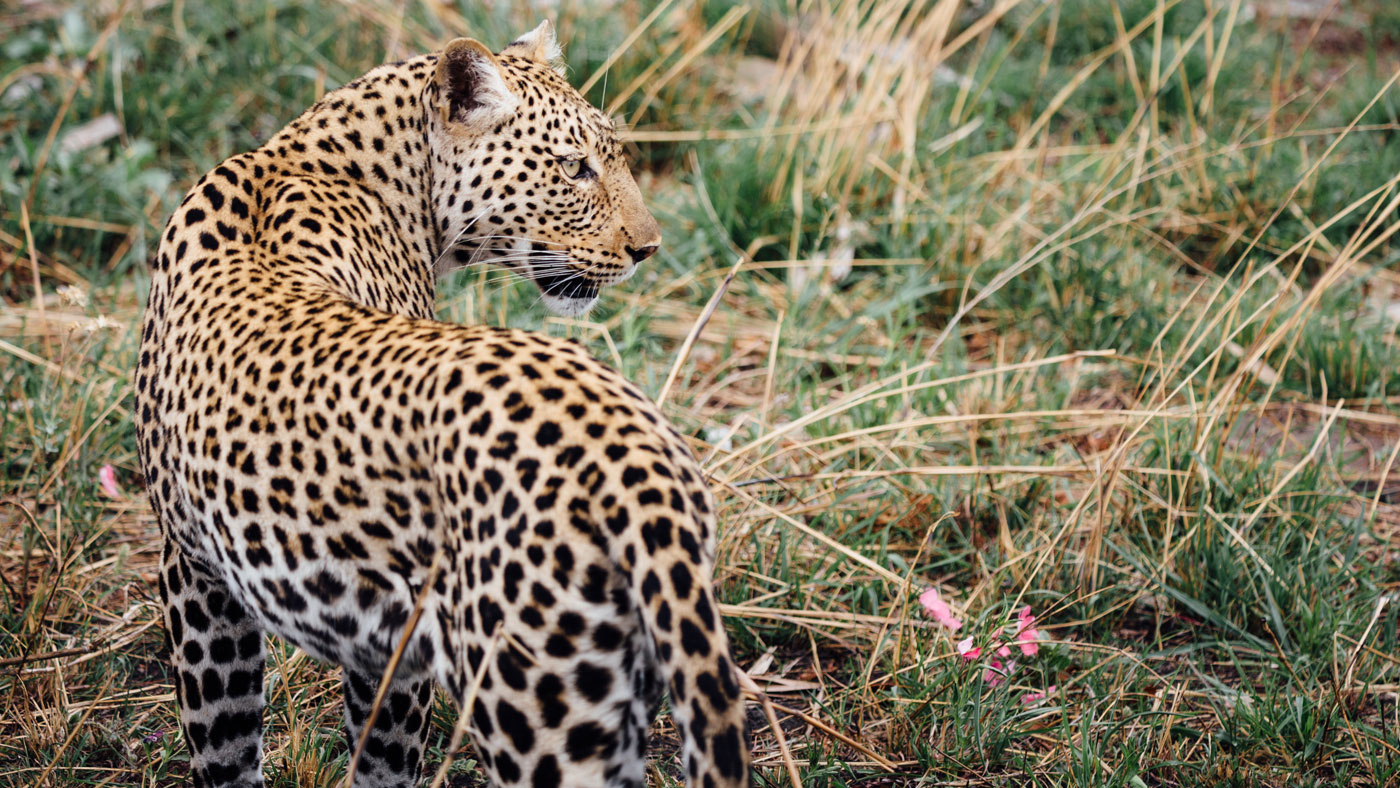
The game
A free daily email with the biggest news stories of the day – and the best features from TheWeek.com
Wide open and undisturbed, Katavi is a superb park for game-spotting. Huge numbers of zebras, buffaloes, giraffes and antelopes attract leopards, lions - 13 of them in one pride alone, often seen around the camp - and other predators, which wait in thickets of bush on the edge of the great plains. Hippos are also in abundance: one pool near Chada camp is home to 600 of them at the end of the dry season.
Accommodation and food
Chada Katavi is one for the traditionalist - a romantic tented camp which lives up to the mantra of its parent company, Nomad Tanzania: “everything you need and nothing you don’t”. That means no WiFi, no power outlets in the tents and no water heaters. instead,six gallons of hot water is brought on demand and poured into bucket showers.
There are just six guest tents, all with views of the surrounding plains. The canvas sides can be rolled back for a better view - and to let in a cool breeze. Furnishings are simple, but the beds are soft and comfortable.
Food is delicious and eclectic, ranging from lamb stew with vegetables to bobotie (a moussaka-like South African dish) and plantain salad. Tasty soups to start are a highlight. All meals are served at a communal table.
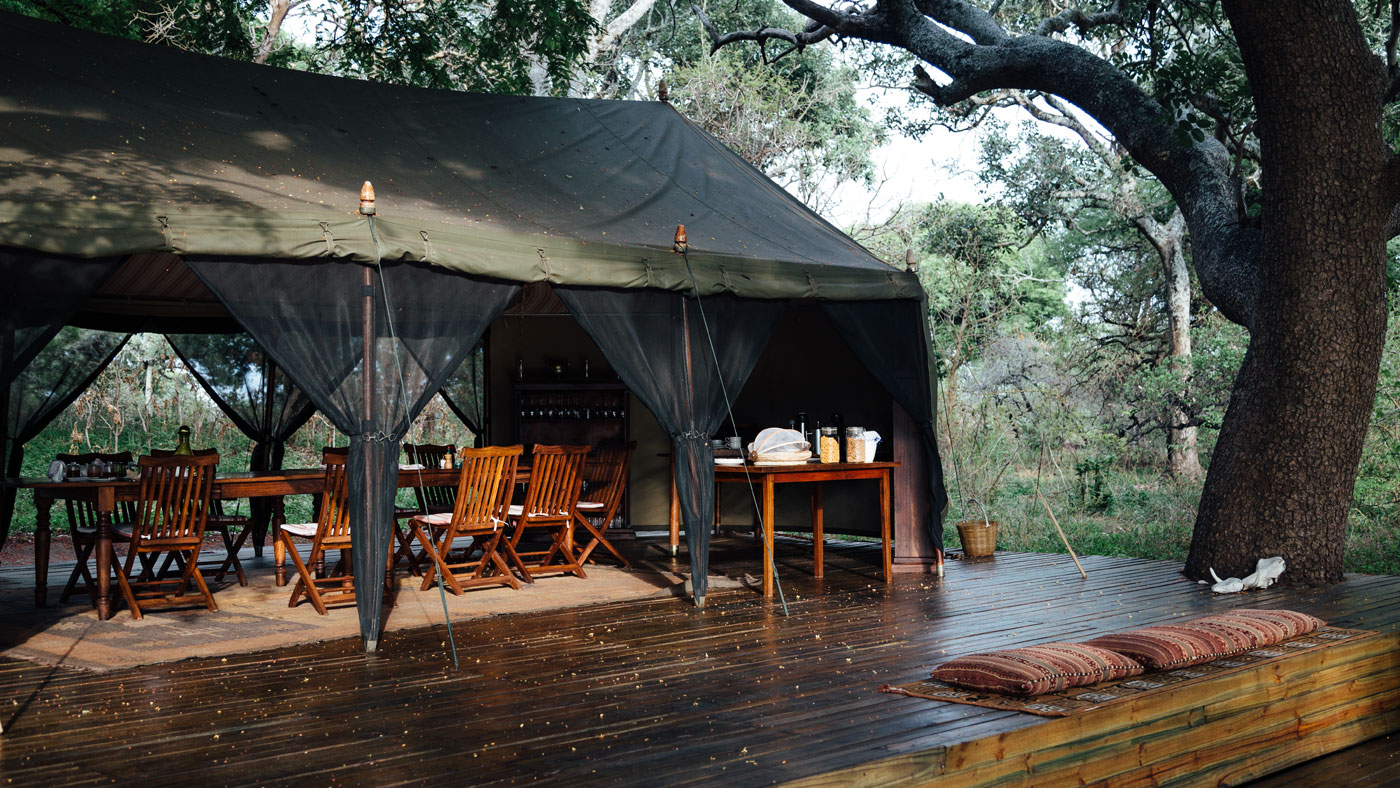
When to go
Chada Katavi opens in June each year, after the end of the wet season, and as the ground dries out animals congregate around just two reliable sources of water in the area. The best game sightings are therefore usually in October, before the rains return the following month, but are good throughout the season. The camp closes in mid-November. Katavi is hot all year, but coolest in July (high 30C, low 16C) and hottest in October (high 34C, low 21C).
Price and booking
Rates for Chada Katavi start at about £600 per person per night in low season, including full board and most activities, but excluding flights and transfers. For more information and suggested itineraries, see the Nomad Tanzania website, and to book contact Yellow Zebra Safaris
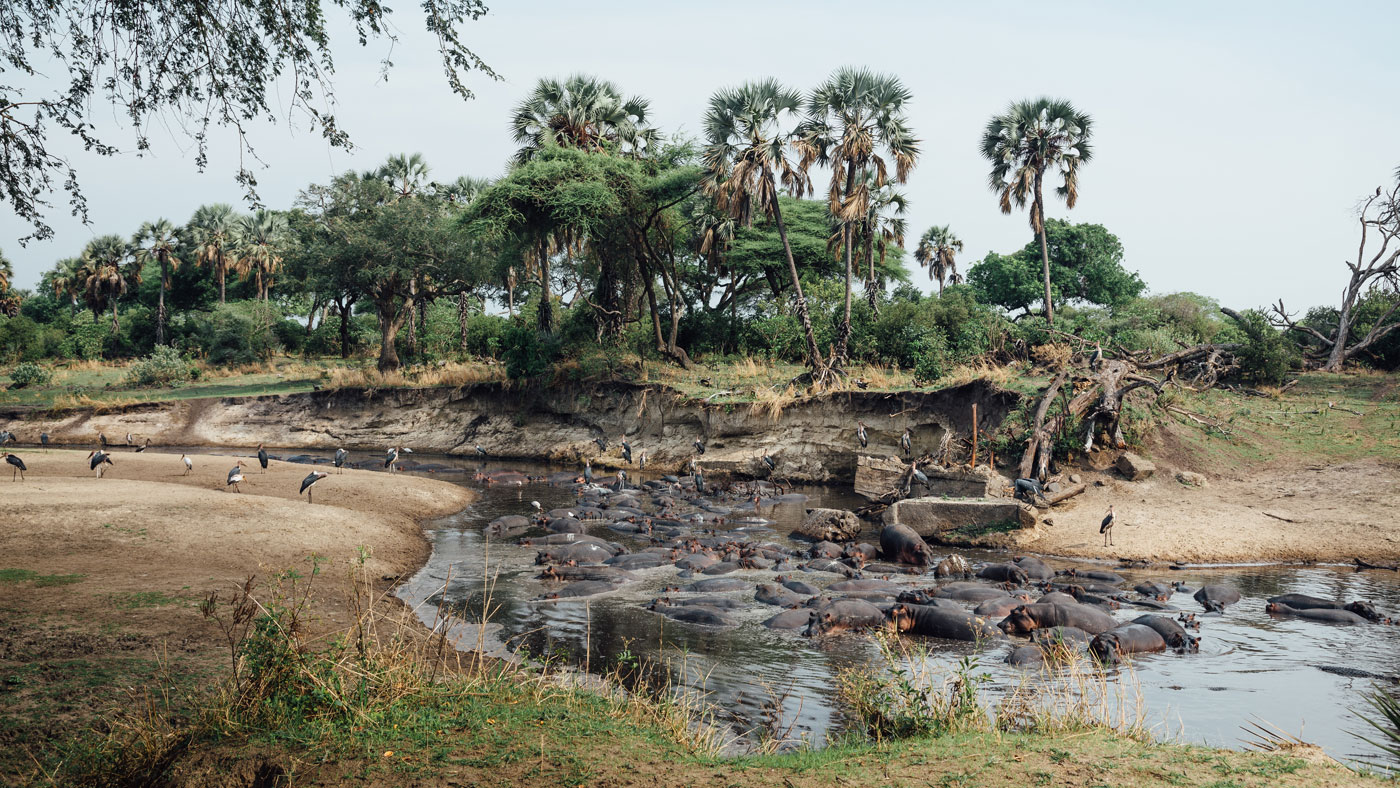
Holden Frith is The Week’s digital director. He also makes regular appearances on “The Week Unwrapped”, speaking about subjects as diverse as vaccine development and bionic bomb-sniffing locusts. He joined The Week in 2013, spending five years editing the magazine’s website. Before that, he was deputy digital editor at The Sunday Times. He has also been TheTimes.co.uk’s technology editor and the launch editor of Wired magazine’s UK website. Holden has worked in journalism for nearly two decades, having started his professional career while completing an English literature degree at Cambridge University. He followed that with a master’s degree in journalism from Northwestern University in Chicago. A keen photographer, he also writes travel features whenever he gets the chance.
-
 6 of the world’s most accessible destinations
6 of the world’s most accessible destinationsThe Week Recommends Experience all of Berlin, Singapore and Sydney
-
 How the FCC’s ‘equal time’ rule works
How the FCC’s ‘equal time’ rule worksIn the Spotlight The law is at the heart of the Colbert-CBS conflict
-
 What is the endgame in the DHS shutdown?
What is the endgame in the DHS shutdown?Today’s Big Question Democrats want to rein in ICE’s immigration crackdown
-
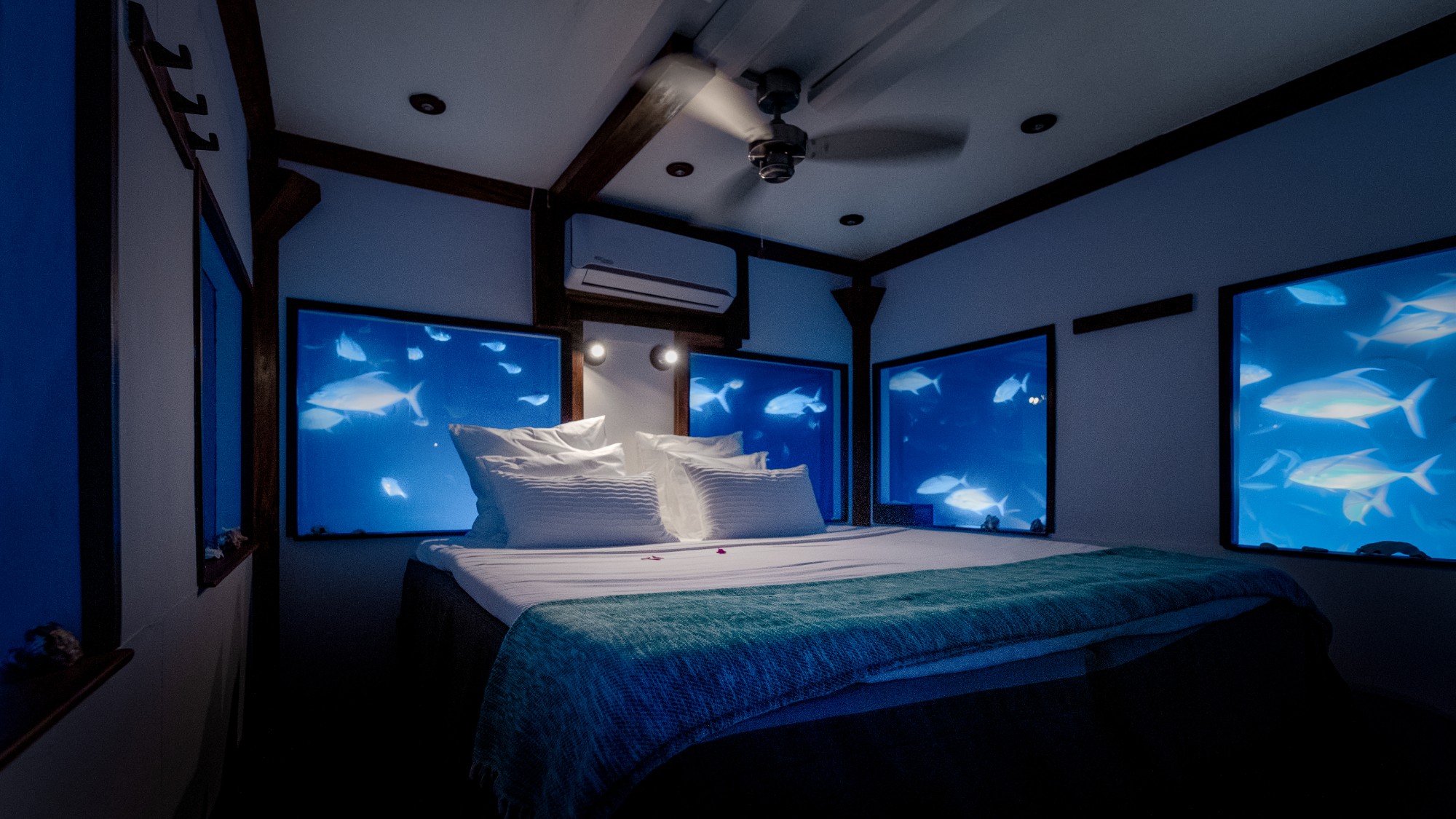 Dive right into these 8 underwater adventures
Dive right into these 8 underwater adventuresThe Week Recommends It’s time to make a splash
-
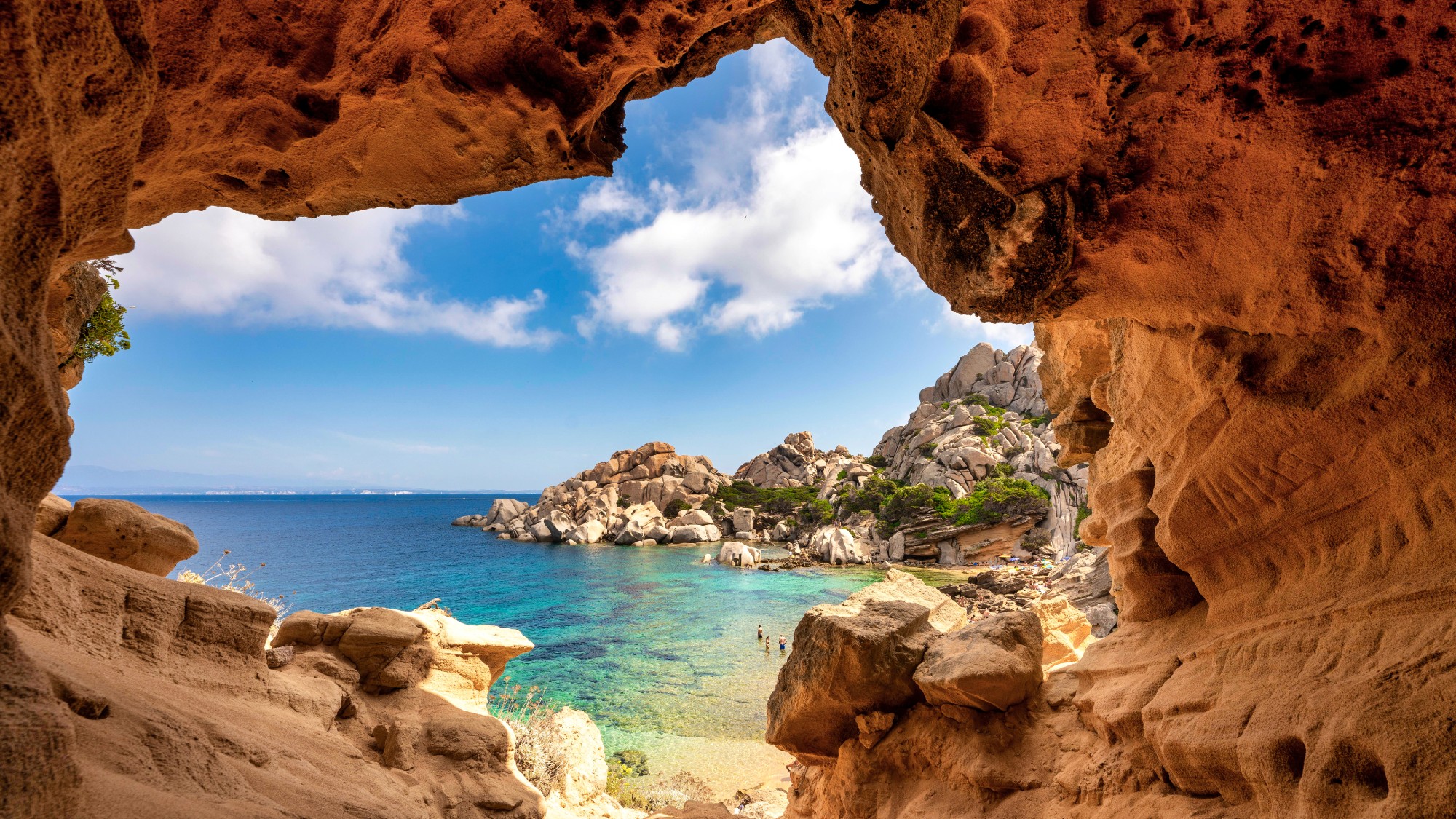 8 incredible destinations to visit in 2026
8 incredible destinations to visit in 2026The Week Recommends Now is the time to explore Botswana, Mongolia and Sardinia
-
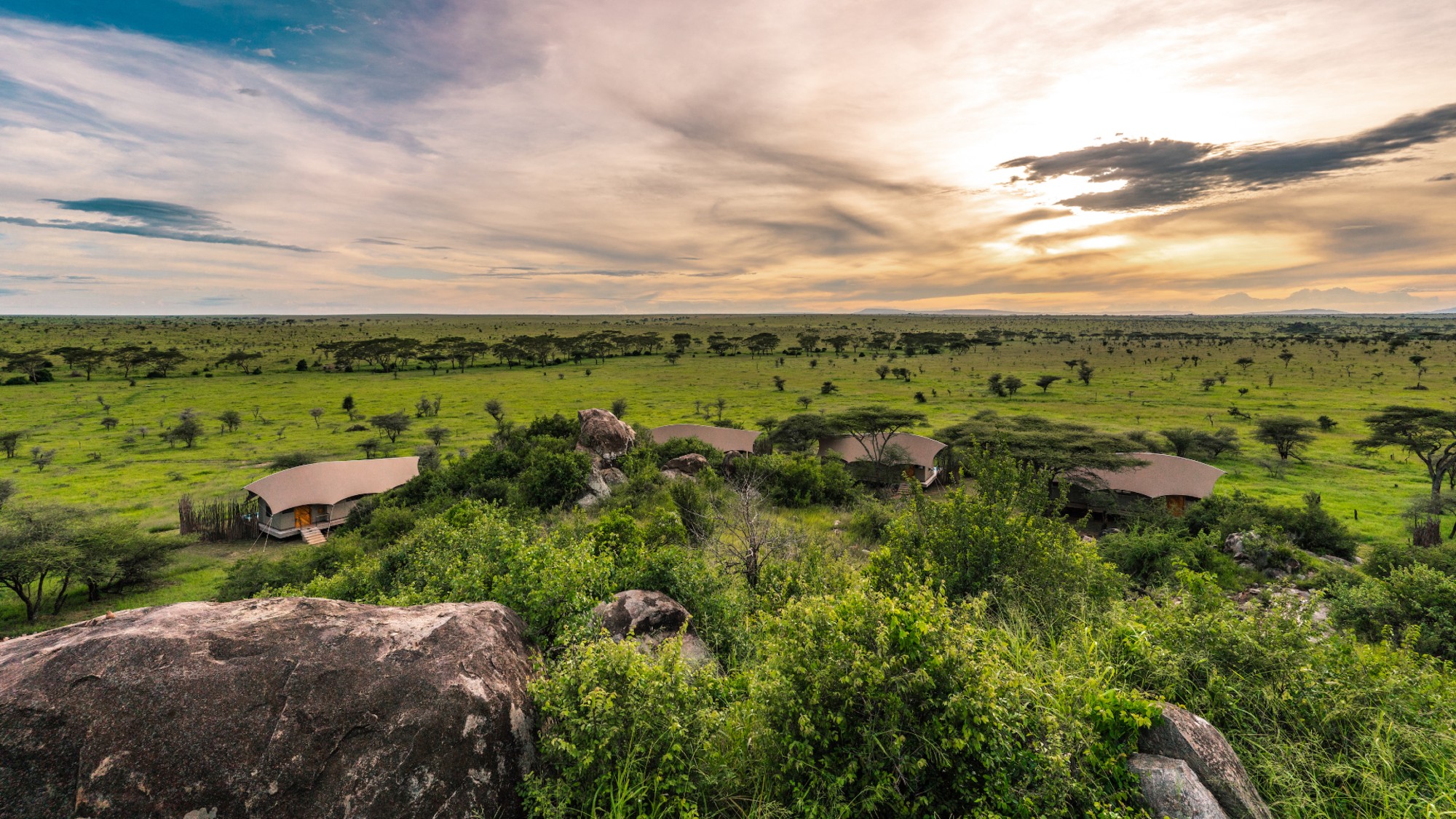 Experience Tanzania’s untamed wilderness from Lemala’s luxury lodges
Experience Tanzania’s untamed wilderness from Lemala’s luxury lodgesThe Week Recommends The vast protected landscapes are transformed into a verdant paradise during ‘emerald season’
-
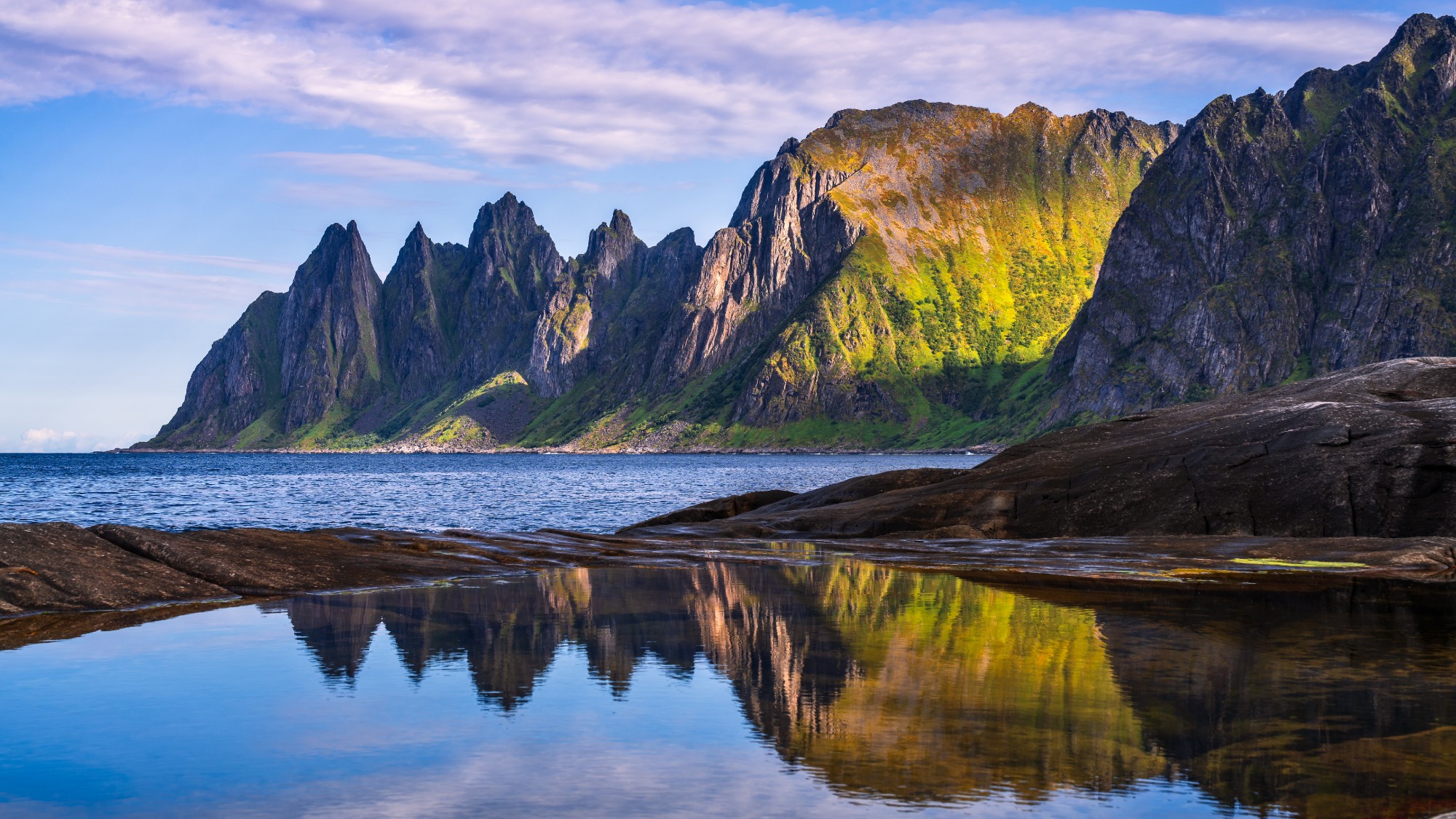 Go beyond the islands you already know in these 8 countries. Surprises await.
Go beyond the islands you already know in these 8 countries. Surprises await.The Week Recommends These destinations fly under the radar
-
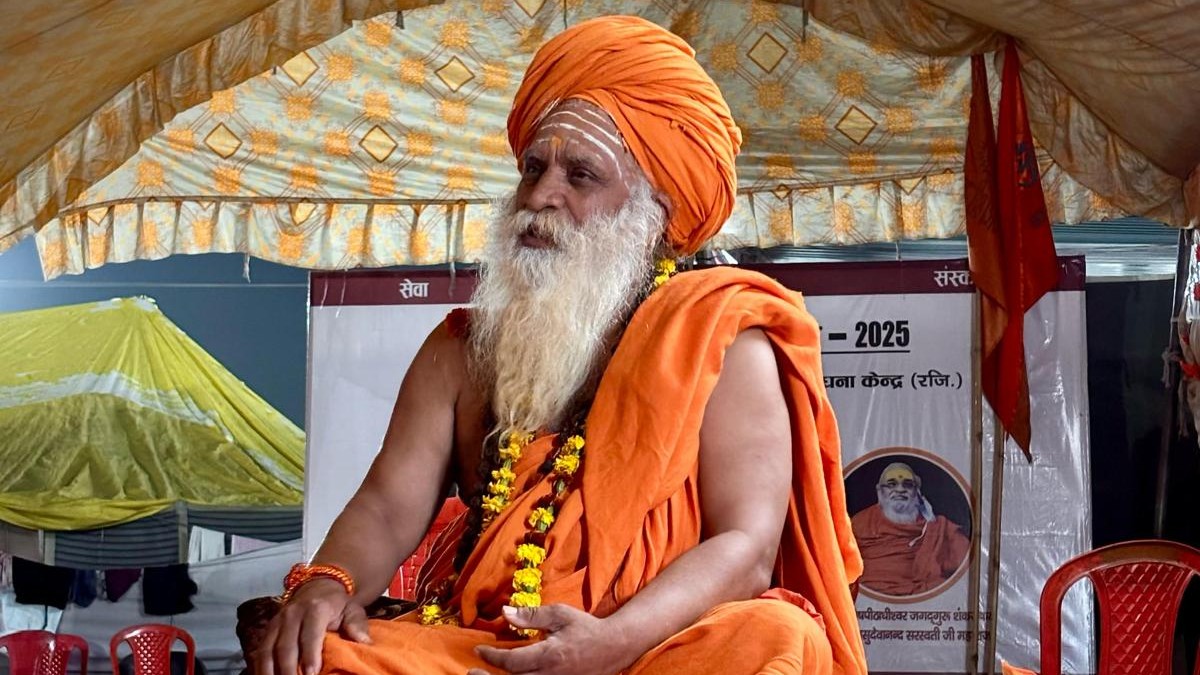 Uttar Pradesh: from a once-in-a-generation festival to tiger tracking in an ancient forest
Uttar Pradesh: from a once-in-a-generation festival to tiger tracking in an ancient forestThe Week Recommends Soak up the state's rich culture on one of Explorations Company's specially curated tours
-
 Friendship: 'bromance' comedy starring Paul Rudd and Tim Robinson
Friendship: 'bromance' comedy starring Paul Rudd and Tim RobinsonThe Week Recommends 'Lampooning and embracing' middle-aged male loneliness, this film is 'enjoyable and funny'
-
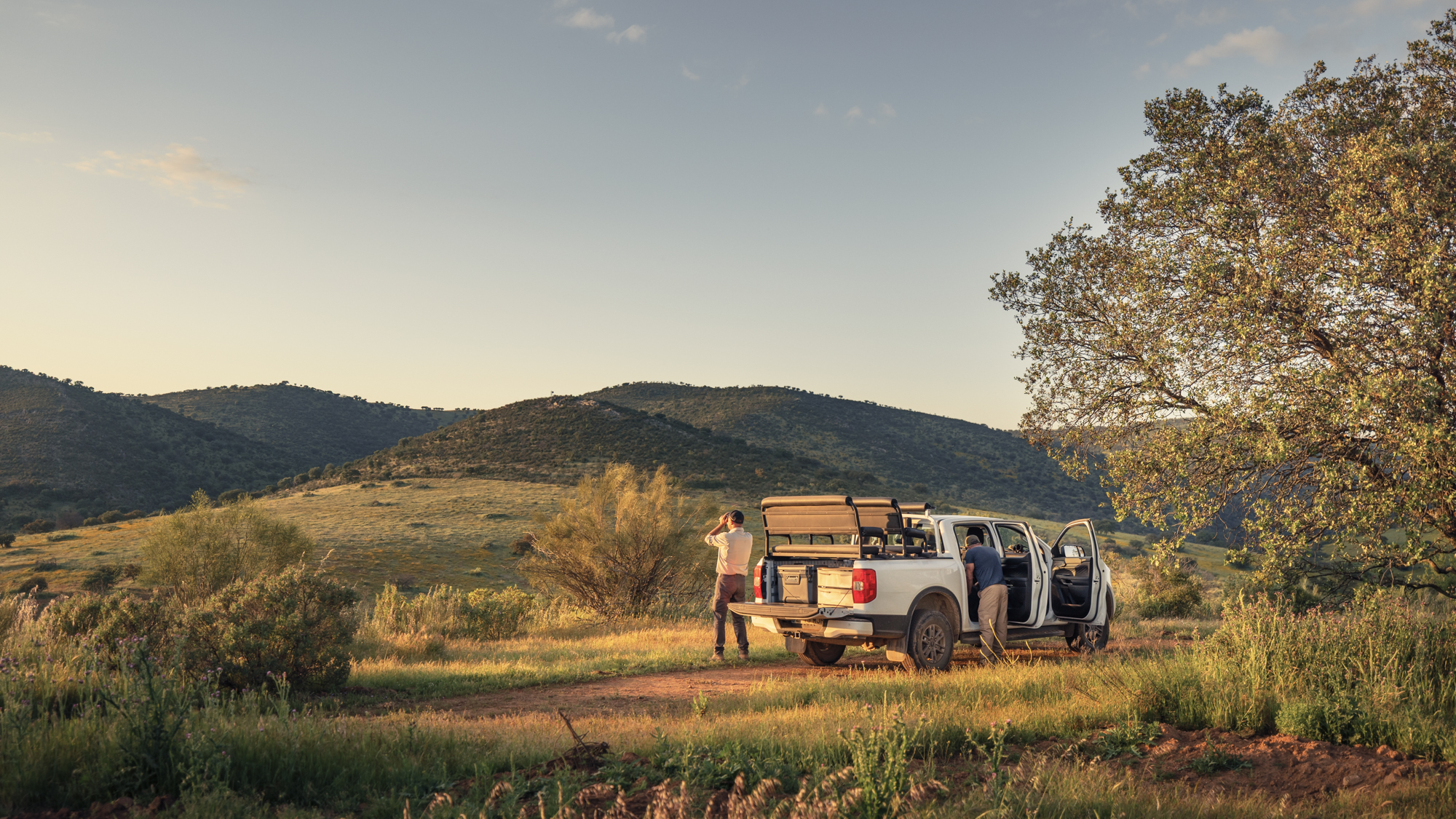 On the trail of the Iberian lynx
On the trail of the Iberian lynxThe Week Recommends Explore the culture, food – and wildlife – of Extremadura on this stunning Spanish safari
-
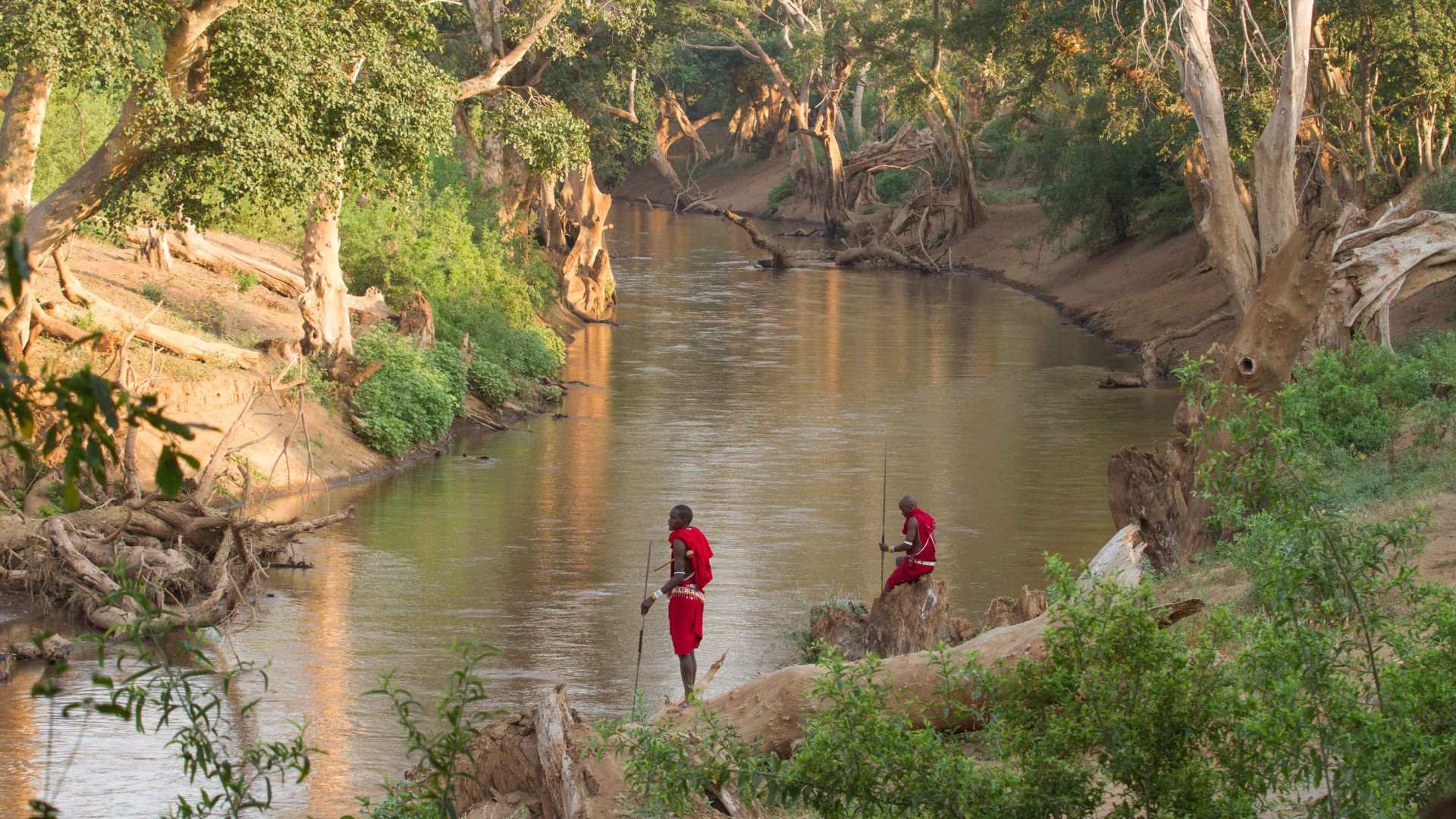 Shompole Wilderness Camp: immerse yourself in nature at this secluded retreat
Shompole Wilderness Camp: immerse yourself in nature at this secluded retreatThe Week Recommends This luxurious family-run camp in southern Kenya has access to more than 350,000 acres of pristine savannah